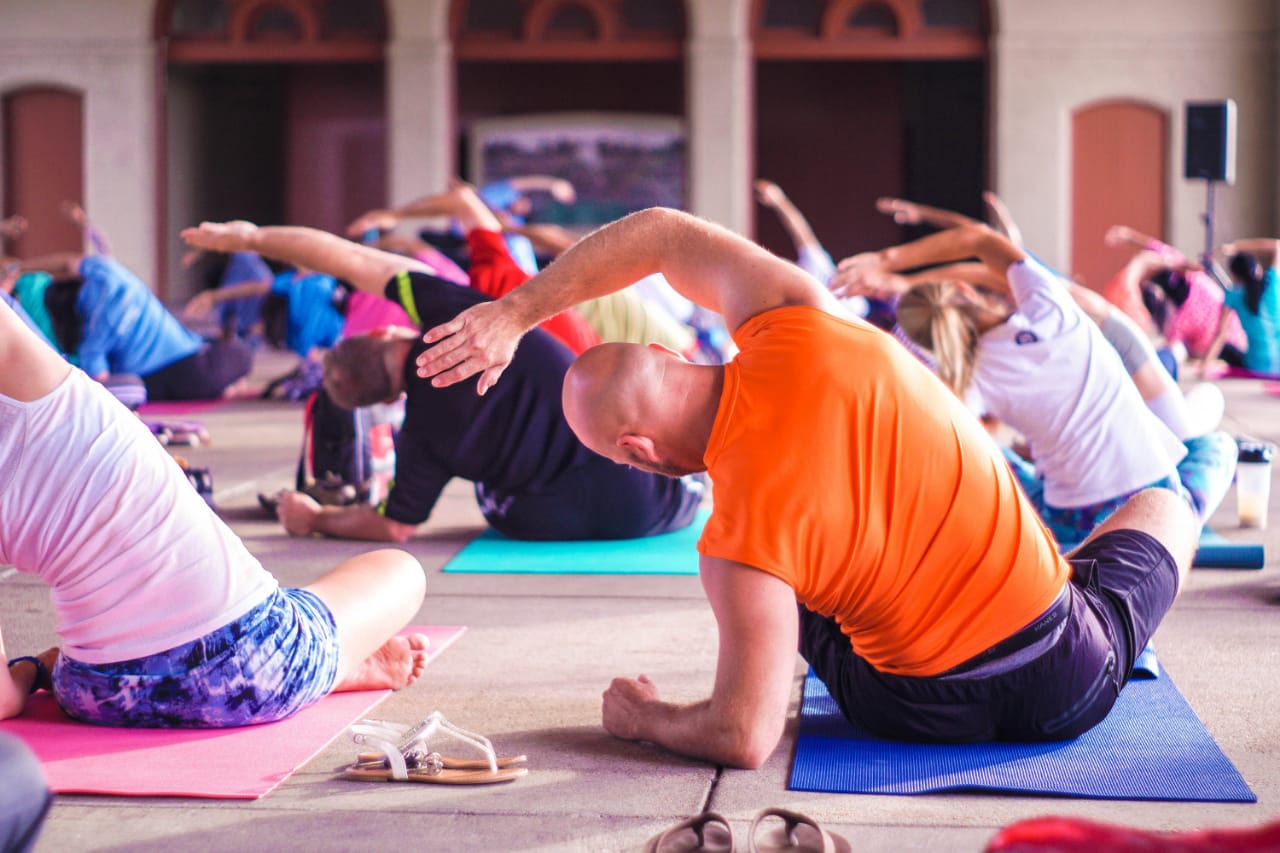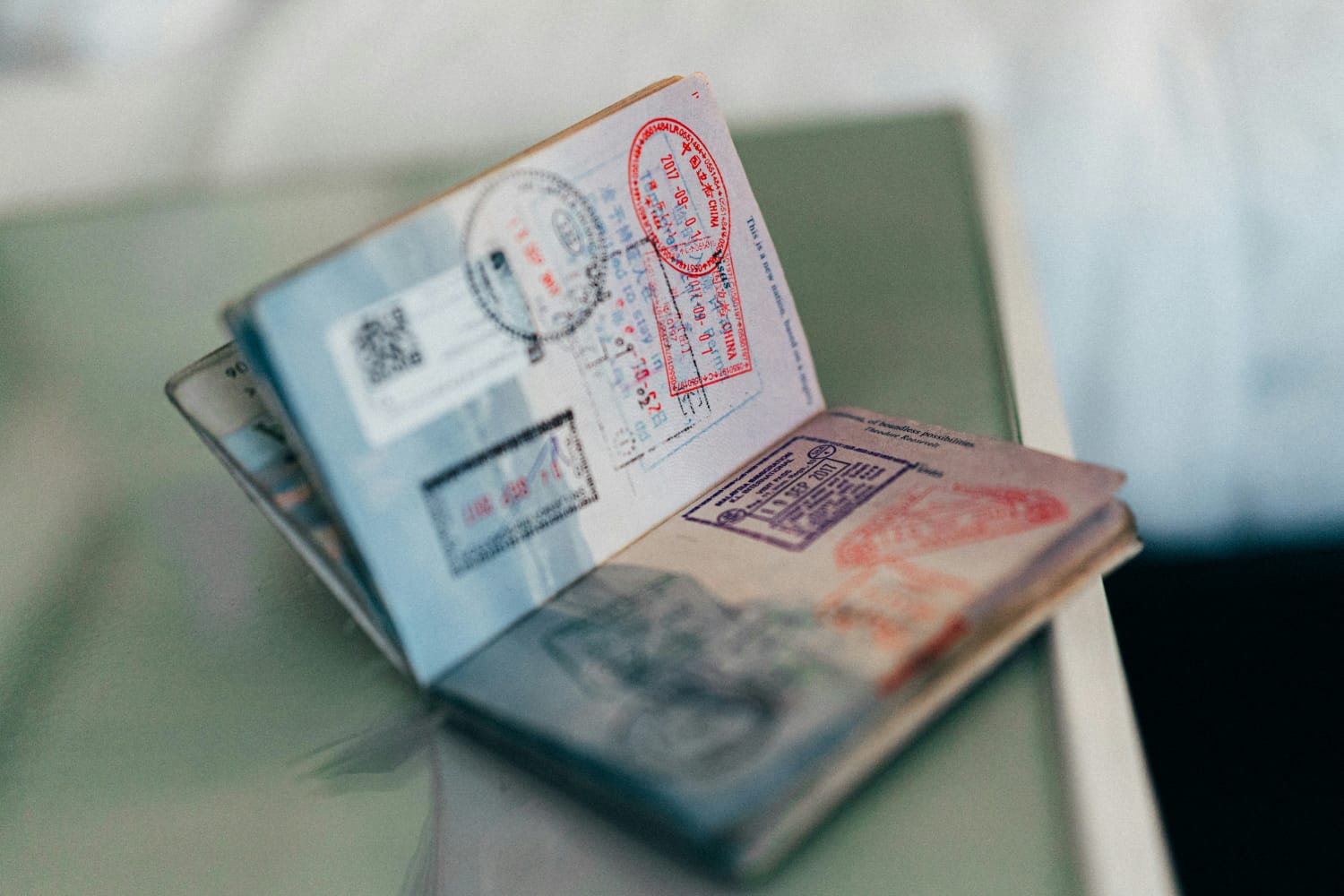How to Make the Most of a Long-Haul Flight as a Senior Traveler
Long-haul flights can be challenging for senior travelers, but with the right preparation and strategies, they can also be comfortable and enjoyable. Whether you’re flying across continents or to a dream vacation destination, these tips will help you stay comfortable, reduce fatigue, and arrive feeling refreshed.
1. Choose the Right Seat for Comfort
The right seat can make a big difference in your flight experience.
✔ Aisle seats – Easier access to the restroom and more legroom for stretching.
✔ Bulkhead seats – Extra legroom and no reclining seats in front of you.
✔ Exit row seats – More space but may require extra mobility.
✔ Business or premium economy – Worth the upgrade for longer flights.
Pro Tip:
Use SeatGuru to check the best seats on your airline before selecting one.
2. Wear Comfortable Clothing
Long flights require loose, breathable clothing to stay comfortable.
✔ Soft, stretchy fabrics (cotton, linen, or athletic wear).
✔ Compression socks to improve circulation and reduce swelling.
✔ Slip-on shoes for easy removal at security and during the flight.
✔ A lightweight sweater or scarf for warmth.
Pro Tip:
Avoid tight waistbands or heavy jewelry, which can become uncomfortable after hours of sitting.
3. Stay Hydrated and Eat Light
Cabin air is dry, which can cause dehydration and fatigue.
✔ Drink plenty of water—aim for at least one cup per hour.
✔ Avoid alcohol and caffeine, as they contribute to dehydration.
✔ Pack healthy snacks like nuts, fruit, or granola bars.
✔ Eat smaller meals to avoid bloating and discomfort.
Pro Tip:
Bring a reusable water bottle and fill it up after passing security.
4. Move and Stretch Regularly
Sitting for long hours increases the risk of stiffness and poor circulation.
✔ Stand up and walk around every 1–2 hours.
✔ Do in-seat exercises like ankle circles and knee lifts.
✔ Stretch your legs and arms periodically.
✔ Use a travel footrest to improve circulation.
Pro Tip:
Set a timer on your phone as a reminder to stretch and move.
5. Get Some Rest with Sleep Aids
Sleeping on a plane can be difficult, but these tips help improve rest:
✔ Use a neck pillow for support.
✔ Wear an eye mask and noise-canceling headphones.
✔ Bring a lightweight travel blanket.
✔ Take melatonin or natural sleep aids (if approved by your doctor).
Pro Tip:
Adjust your watch to your destination’s time zone as soon as you board to reduce jet lag.
6. Keep Your Essentials Easily Accessible
Pack important items in a small bag or pouch under your seat.
✔ Medications (always in your carry-on, never in checked luggage).
✔ Passport, travel documents, and emergency contacts.
✔ Lip balm, moisturizer, and hand sanitizer.
✔ Entertainment (book, tablet, or crossword puzzles).
Pro Tip:
Bring a portable phone charger to keep your devices powered throughout the flight.
7. Reduce the Effects of Jet Lag
Changing time zones can disrupt your sleep and energy levels.
✔ Adjust your sleep schedule a few days before departure.
✔ Expose yourself to natural light upon arrival to reset your body clock.
✔ Stay hydrated and eat light meals to avoid fatigue.
✔ Take short naps if needed, but avoid sleeping too much upon arrival.
Pro Tip:
Use jet lag apps like Timeshifter to plan your sleep and light exposure schedule.
8. Plan for Easy Airport Navigation
Long-haul flights often involve layovers and navigating large airports.
✔ Request wheelchair assistance if you have mobility concerns.
✔ Use airport carts or moving walkways to avoid excessive walking.
✔ Download airline and airport apps for gate updates and maps.
✔ Allow extra time for security and boarding to reduce stress.
Pro Tip:
Sign up for TSA PreCheck or Global Entry for faster security screening.
9. Protect Yourself from Germs
Airports and planes can be full of germs, so staying clean is key.
✔ Use hand sanitizer regularly.
✔ Wipe down your seat tray and armrests with disinfecting wipes.
✔ Avoid touching your face, especially after handling luggage.
✔ Use a travel pillowcase or bring a disposable pillow cover.
Pro Tip:
Bring extra face masks if flying during flu season or in high-risk areas.
10. Stay Relaxed and Enjoy the Journey
✔ Listen to calming music or guided meditations.
✔ Watch lighthearted movies or read a good book.
✔ Take deep breaths to reduce stress or anxiety.
✔ Focus on the excitement of reaching your destination!
Pro Tip:
Use the in-flight entertainment system to watch destination guides and plan activities.
A long-haul flight doesn’t have to be exhausting. With smart packing, proper hydration, regular movement, and a positive mindset, senior travelers can enjoy a smooth, comfortable journey and arrive feeling refreshed and ready for adventure.




